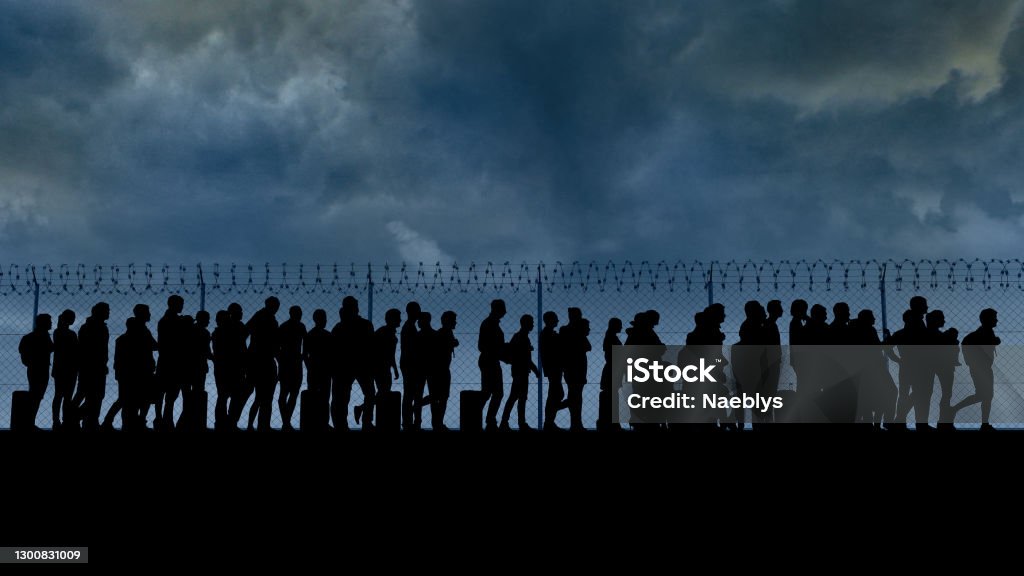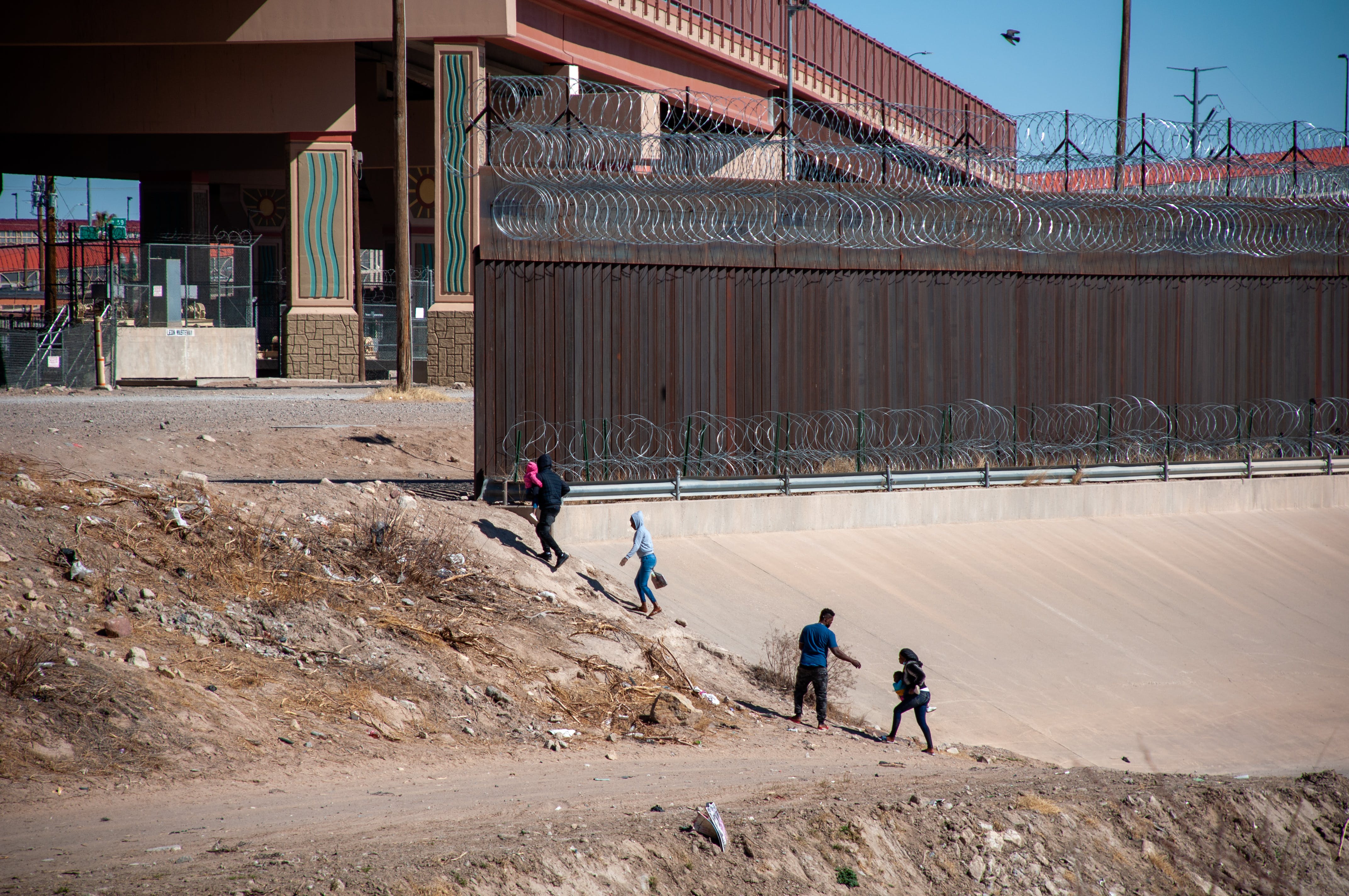By Polina Zadirey, Contributing Writer
Today, the United States is at the center of a global dialogue concerning immigration, characterized by the continuous development of policies and attitudes. The nation, recognized for its ongoing integration of diverse cultures, is currently dealing with intricate challenges and debates that impact its immigration environment.
Historically, back in the 19th century, the United States was a land of European and Asian immigrants, greatly influencing the country’s culture and history.
However, nowadays, there are different views and opinions on the immigration situation in America. Some believe immigrants bring more positive aspects to a country’s life, while others think they can be a threat.
The current debate over immigration reform in the United States is defined by a diverse array of viewpoints, highlighting several concerns, such as border security, pathways to citizenship, and the treatment of undocumented immigrants.
In the ongoing immigration discourse, a majority perspective supports the implementation of comprehensive immigration reform. Proponents of this approach argue that a thorough solution is necessary, addressing all facets of the immigration system.
The urgent need for a transparent and readily accessible pathway to citizenship for the countless undocumented immigrants currently residing in the country is emphasized to establish a balance between national security concerns and empathy towards those seeking protection and refugees, and this perspective aims to find common ground.
“A couple years ago, there were more than 10,000,000 undocumented immigrants who came over to the United States”, said Dr. Daniel Dubois, the honors program director and assistant professor of history and international studies.


In contrast to this perspective, some prioritize southern border security. Proponents of enhanced border controls are pushing for various measures to prevent unauthorized entry.
These measures include advocating for increased funding, the construction of physical barriers, and stricter enforcement. With a primary focus on safeguarding national sovereignty, preventing unauthorized immigration, and addressing concerns related to public safety, their efforts are dedicated to upholding these crucial aspects.
“The reason why so many undocumented immigrants come over is that the process of becoming a formal immigrant can be very costly, expensive, and difficult,” Dr. Dubois explained, saying that people should pay attention to the reason it’s happening, not only the border issue or a security issue itself.
Economic factors affect immigration reform. Immigration offers economic benefits, leading some to promote labor market-responsive policies. Skill-based immigration, temporary labor programs, and domestic industry benefits are explored. Proponents say a well-managed immigration system can fill labor shortages and sustain companies.
“About 10 years ago The Bureau of Labor Statistics put a study that was focused on figuring out how much of the U.S. labor force in agricultural business comes from undocumented immigrants. The official best guess was 50 percent. Just imagine, if all of them are deported and we lose half of our labor force, American agricultural business will collapse!” Dr. Dubois gave an example.

Supporters of human and family reunions represent the moral dimension of immigration. Emphasizing the protection of seekers, facilitation of family unity, and sheltering victims of abuse and persecution are critical priorities for them. In humanitarian immigration policies, the benefits of compassion and empathy appear as essential.
“It was true centuries ago, and it is true today: parents will do anything if they think it will improve the life of their kids; they will sacrifice everything they have for the future that they think might be better for their children,” Dr. Dubois said.
Despite these differing views, balancing remains challenging. The continuous conversation highlights the complexity of difficulties as politicians hover over humanitarian requests, economic concerns, and national security issues.
For a comprehensive and long-lasting immigration reform that respects its citizens’ diverse beliefs and concerns, the U.S. must prioritize effective management of this complex environment.





